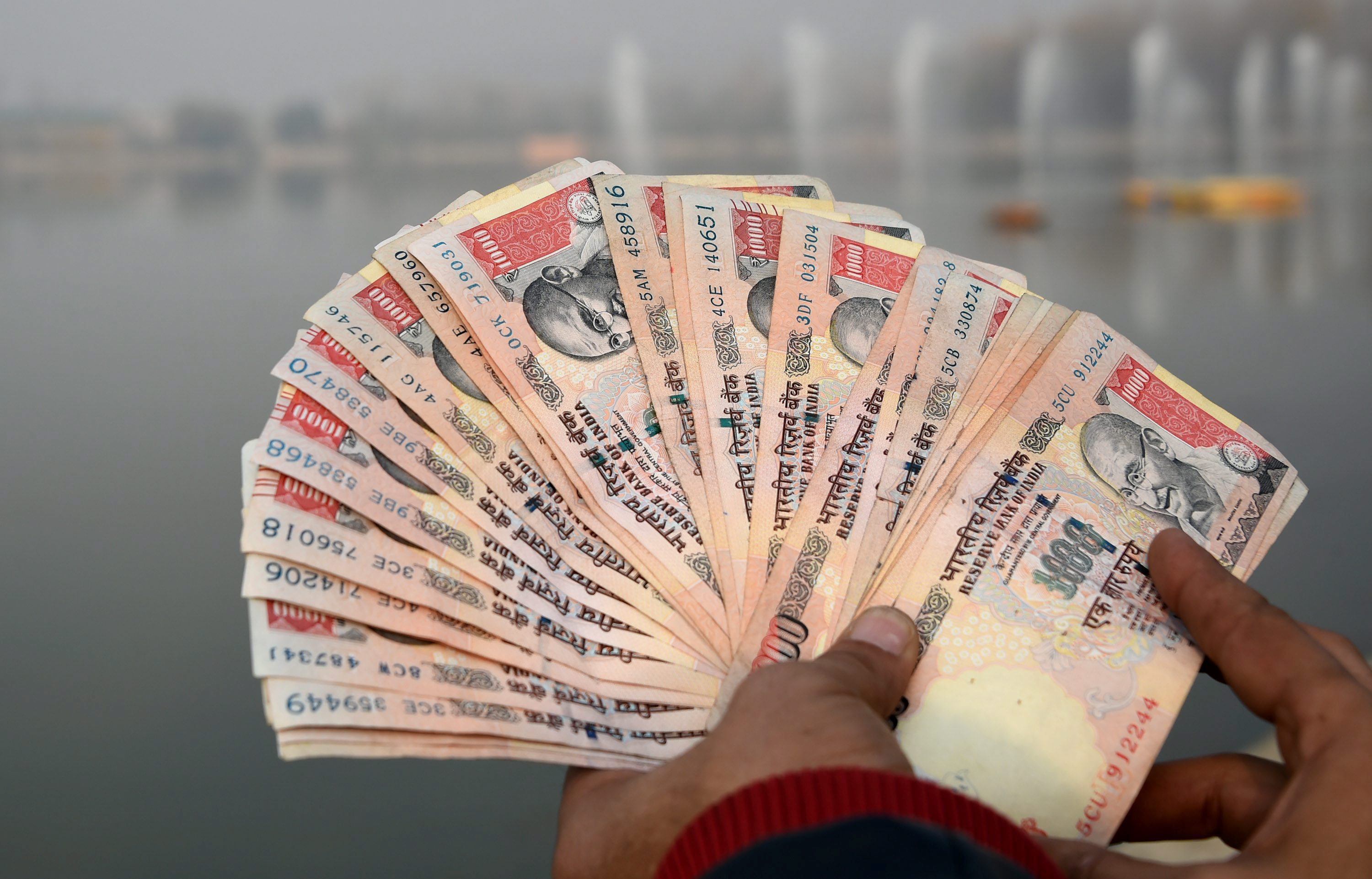Is demonetisation fostering globalisation or tackling black money, terrorism and boosting digital economy? The upcoming Uttar Pradesh elections will be a litmus test for the NDA government as much as it will be the people’s verdict on demonetisation, feel experts.
“Demonetisation has devastated the lives of the lower middle-class, which thrives on aspiration and runs cash economy. India has nearly five crore small businesses and hardly 14 Lakhs have gone digital. When these businesses switch to digital, the cash economy will collapse, the banks will gain monopoly and as the markets are bound to favour large businesses, the small enterprises will perish. So, demonetisation by default will fuel globalisation,” said Prof G. Haragopal, a political scientist from Hyderabad, during a debate on “Globalisation, Communalism and Demonestisation”, organised by PUCL in Mysuru on Monday.
Delegitimisation of democracy is a threat as demonetisation bill was not passed in the Parliament, rather decided arbitrarily by a handful of people and without good preparation. People standing in long queues at the ATMs and banks without a fuss is a good sign. But tolerance and intolerance produce the same result—breed dictatorship, warns Haragopal, adding that PM’s good intent alone cannot justify the move, as any public policy is good only if it can be implemented well.
Post demonetisation, the equation between RSS and its political arm BJP has changed as the Sangh Parivar and its affiliates, who work in the grassroots, are feeling the aftershocks, notes the professor. If the lower middle class is the worst hit, the opposition parties and corporates are unable to predict Modi’s next move, he adds.
Is NDA II moving away from welfare-ism and embracing a capitalist economy in contrary to its ideology?
“A party that came to power talking of nationalism, patriotism and cultural sovereignty is today finding itself in a paradox. Like all the previous regimes which pushed for globalisation and liberalisation since 1983, the Modi government too has political compulsions that prevent pursuit of economic sovereignty of the country,” reasons Haragopal.
'Make it India' is the need of the hour as cultural nationalism alone will serve no purpose other than covering-up the failures, feels the academic, pointing out to drastic reduction of grants to the welfare schemes.
“Sadly, the funding for welfare schemes - health, education, rural employment and child nutrition, has seen a drastic cut in the last two years. Modi, who has forgotten all about Swiss bank money, should exhibit keenness to spend the huge deposits of unaccounted money on welfare schemes,” said Haragopal.
A country which is on the capitalist path of development should aggressively expand its manufacturing base, which makes for 16 per cent of the GDP, warns the expert.
“GDP growth of 7.5 % is totally a farce as the export of huge reserves of our mineral wealth (raw material like bauxite, copper) too is shown as growth in economy. The service sectors like IT are growing, but are again vulnerable to the global market forces. So, the economic sovereignty agenda stands defeated, and the rise of cultural nationalism is changing the political discourse, perhaps to a point of distraction,” said Haragopal, mooting economic reforms like increase in direct taxation to boost welfare measures.





